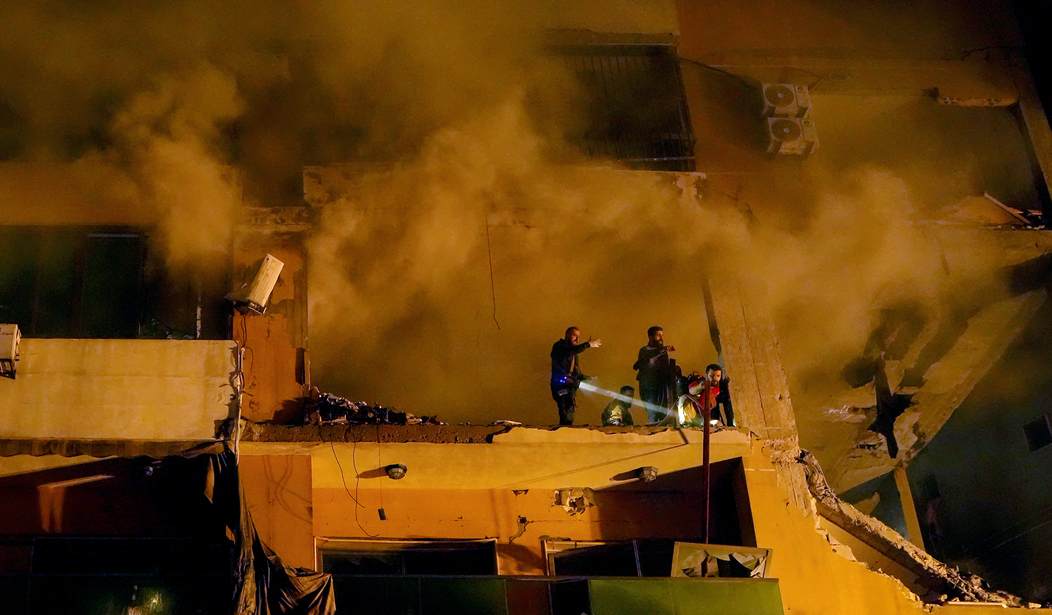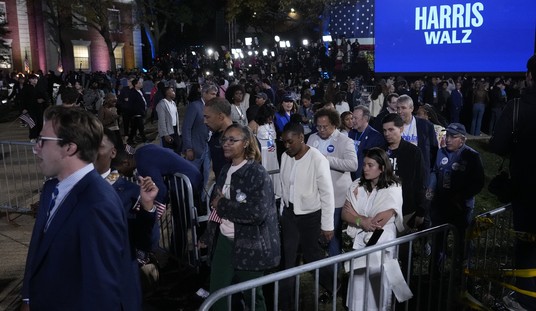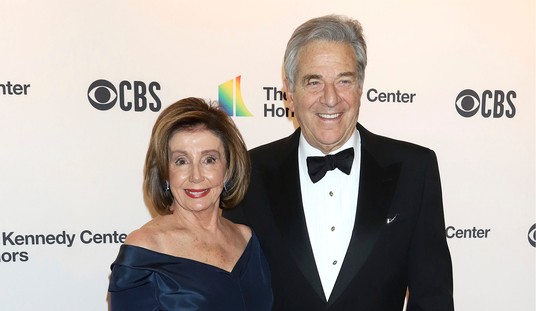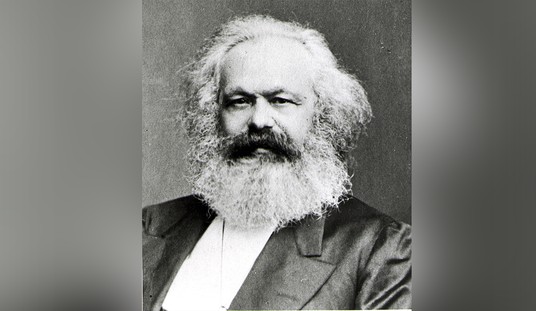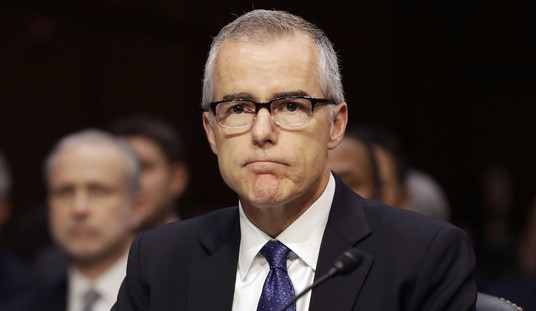Three Israeli government sources have told the Washington Post that a close aide to Prime Minister Benjamin Netanyahu visited Mar-a-Lago on Sunday to brief President-elect Donald Trump and his son-in-law Jared Kushner on the outline of a cease-fire in Lebanon that would be implemented in January.
Ron Dermer, Netanyahu’s minister of strategic affairs, stopped first at Mar-a-Lago before traveling to the White House to brief Joe Biden. The plan would include "direct involvement" of the U.S. in monitoring the Lebanese border to make sure that Hezbollah does not rearm.
Following the 2006 war with Hezbollah, the United Nations peacekeeping force in Lebanon, UNIFIL, was supposed to keep the terrorists from rearming. In a matter of a few years, Hezbollah had been able to acquire tens of thousands of missiles from Iran and Syria while the flow of smaller arms was never interrupted.
Putting the Americans in charge of making sure Hezbollah doesn't rearm is risky but could be a game changer for Israel. It would be an enormous relief to residents in Northern Israel not to be forced to worry about Hezbollah rockets.
“The Americans and Israel mostly see eye-to-eye on reaching a diplomatic agreement in Lebanon that will totally remove the threat to residents of northern Israel,” a defense source in Israel told the Jewish Insider.
Israel sees the deal with Hezbollah as a "gift" to Trump when he takes office.
“There is an understanding that Israel would gift something to Trump … that in January there will be an understanding about Lebanon,” an Israeli official told the Washington Post.
For Netanyahu, whose political fortunes have turned completely around after a series of shockingly brilliant operations against the terrorists in Lebanon, it gives him a chance to turn the page on U.S. relations with the new president.
“Netanyahu has no loyalty to Biden and will be focused entirely on currying favor with Trump,” said Frank Lowenstein, a former special envoy for Israeli-Palestinian negotiations under President Barack Obama. He also served during the transition to the first Trump administration.
“Trump won’t hesitate to act like he’s already president when he sees an opportunity," he added.
Netanyahu said in a video statement Sunday that he had talked to Trump three times in recent days and that the two saw “major opportunities ahead for Israel, especially in advancing peace” — a striking statement after more than a year of devastating war in Gaza and six weeks after Israel broadened its military campaign against Hezbollah by sending ground troops into southern Lebanon.
The Israeli prime minister was planning for a new era in Washington well before Election Day on Nov. 5. Netanyahu had been in regular contact with Trump, according to the Israeli official, and Dermer with Kushner, who helped broker normalization agreements between four Arab nations and Israel during Trump’s first term and maintains personal and financial ties to the region.
The United Kingdom and France have also agreed to be involved in assuring that Hezbollah does not rearm. And UNIFIL will have an unspecified role to play, hopefully, something like taking on latrine duties for the the others.
The French Embassy in Israel issued a statement saying that “France would indeed be ready to play a role in monitoring a cease-fire agreement in Lebanon, provided that such agreement is concluded. The nature of the monitoring will depend on the content of the agreement.”
Moscow would also play a role in keeping weapons out of the hands of its putative ally Hezbollah by patrolling the Syrian border where it has a large military presence. An Israeli defense source told Jewish Insider that Moscow's participation is “one element [of the plan], but not a central one in any way.”
While the U.S., Israel, and their Western allies have signed on, the participation of the Lebanese government is uncertain.
Israeli sources emphasized that the Lebanese government has not yet accepted the deal, and that its military will have to “stand up for its sovereignty against Hezbollah.” Lebanon has thus far opposed giving the IDF the ability to enter Lebanon if Hezbollah violates the agreement — an element of the deal that Israel sees as non-negotiable.
“Is there any sane person who believes that we will agree to a settlement or a solution that serves Israel’s interests at the expense of Lebanon’s interests and sovereignty?” Lebanon’s parliament speaker, Nabih Berri, a supporter of Hezbollah, said on Tuesday, according to The Washington Post.
The Lebanese government has been the beneficiary of about $5 billion in U.S. aid and $3 billion in military aid for its factionalized armed forces. It will never "stand up" to Hezbollah given its history and Hezbollah's overwhelming military power.
The deal being worked out would, indeed, serve Lebabnon's interests, just not Hezbollah's. The terrorists have lost a lot of support in Lebanon in the last few years as they are being blamed for Israel's bombing campaign and the devastated economy. There is still support for Hezbollah in the Shiite community, but the Sunnis and Christians would dearly love to see the end of them.



